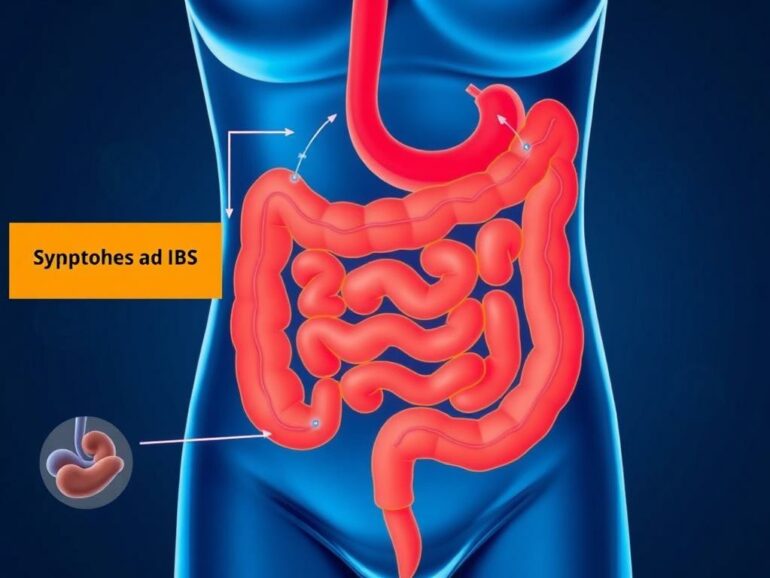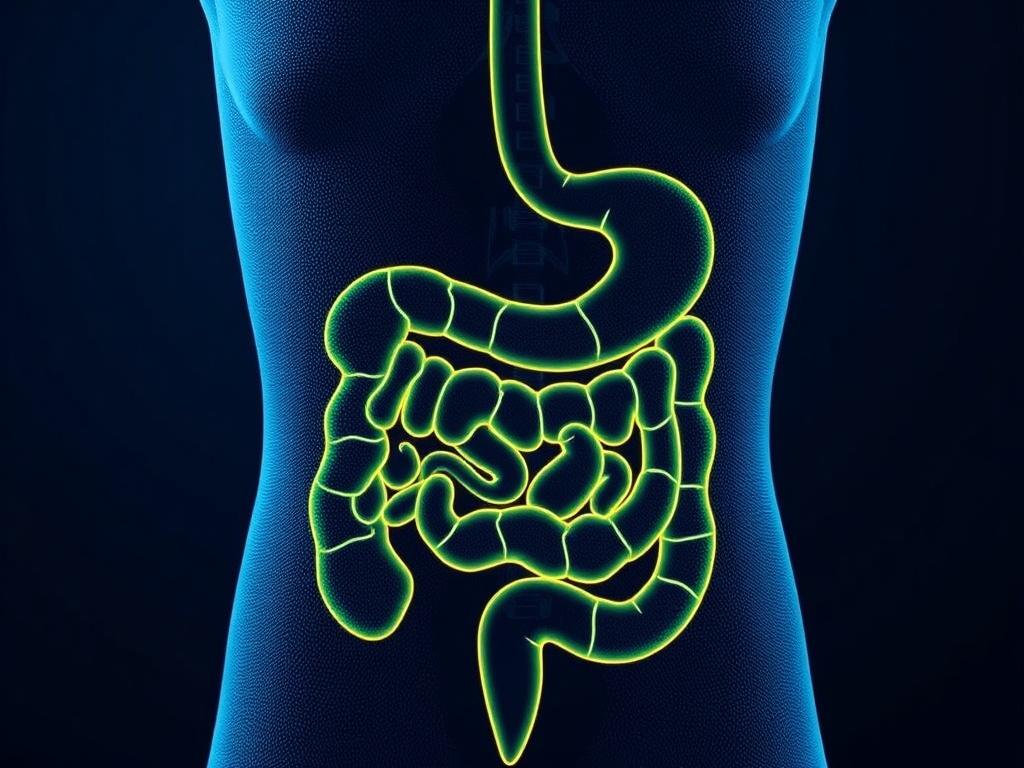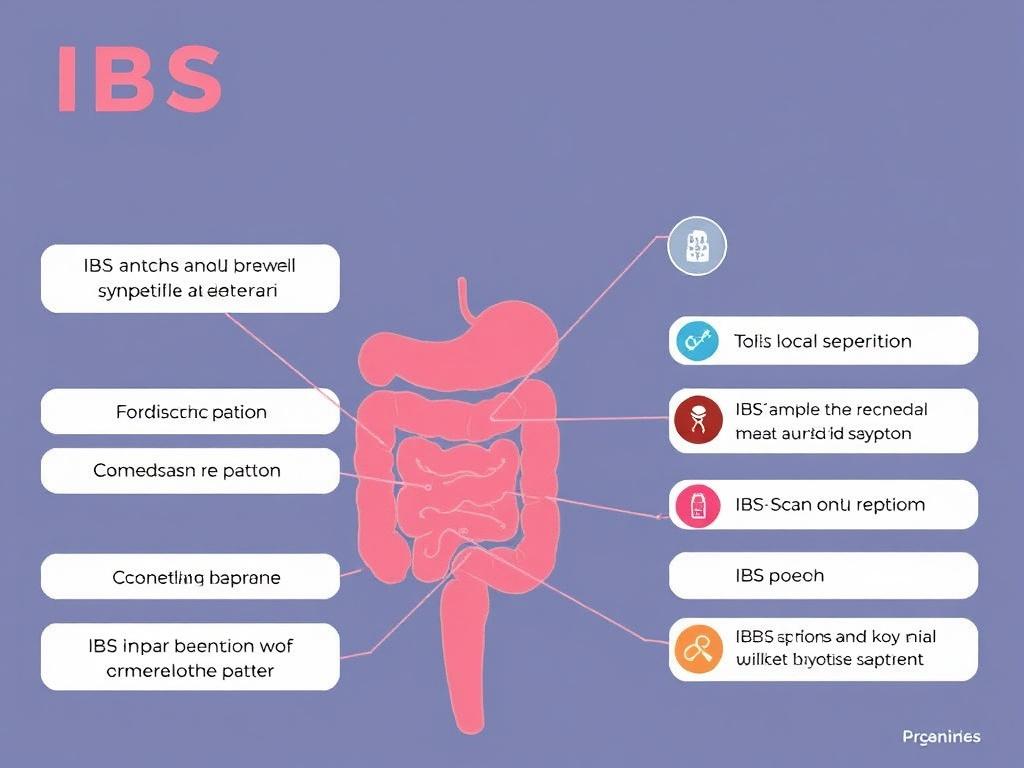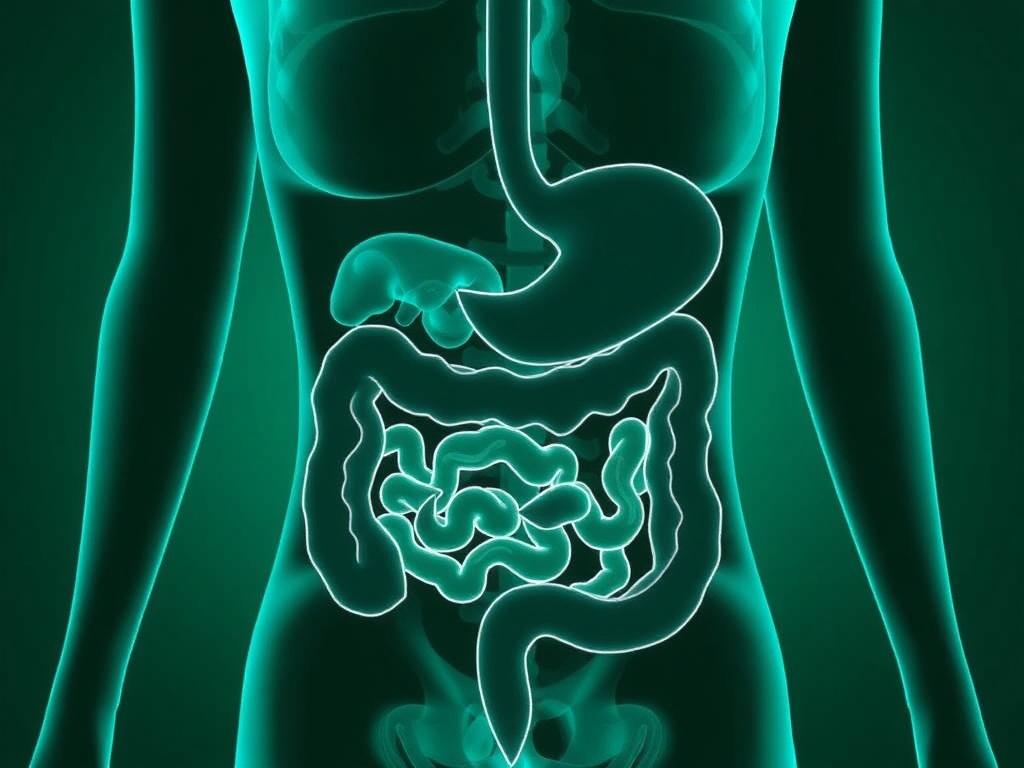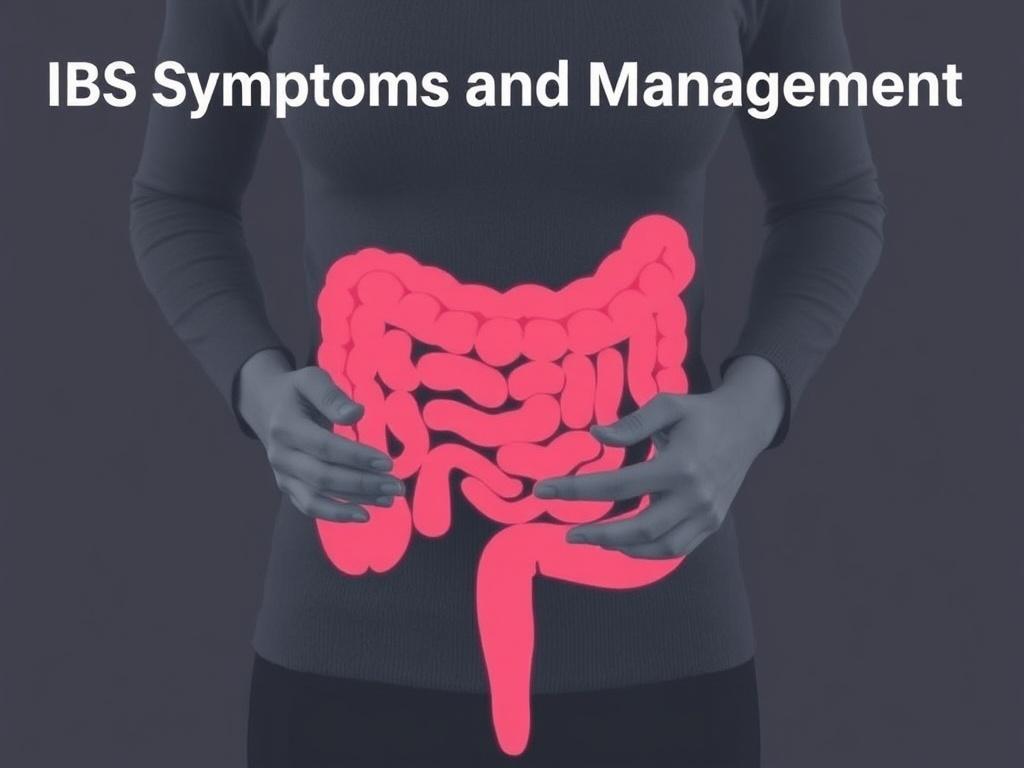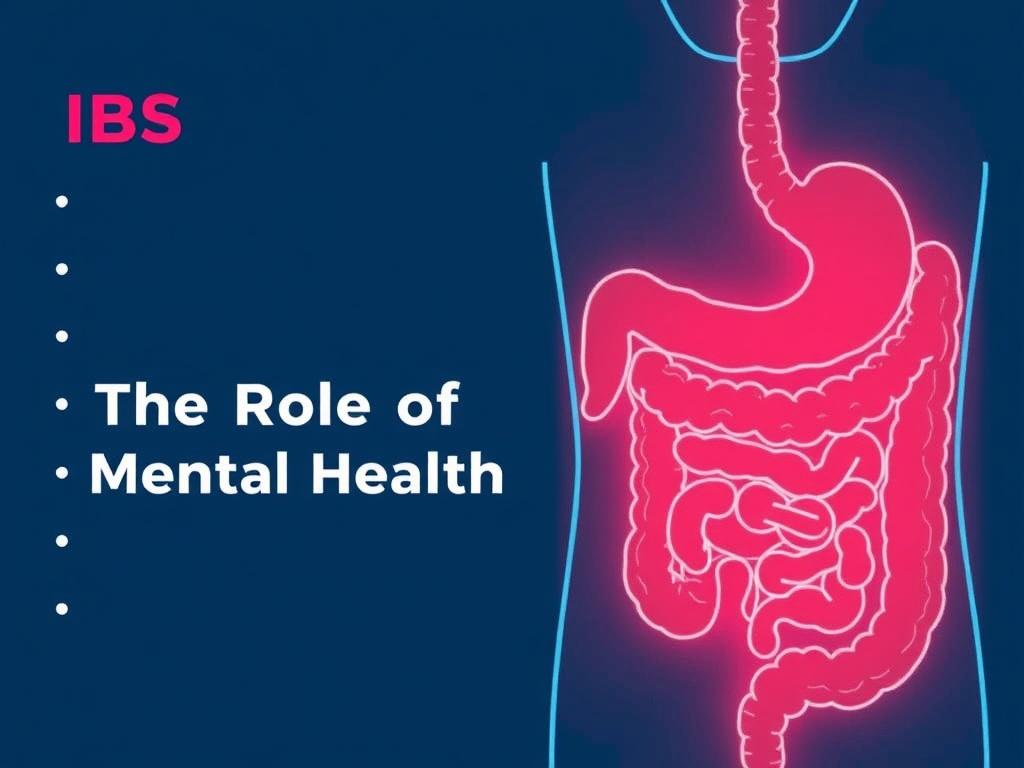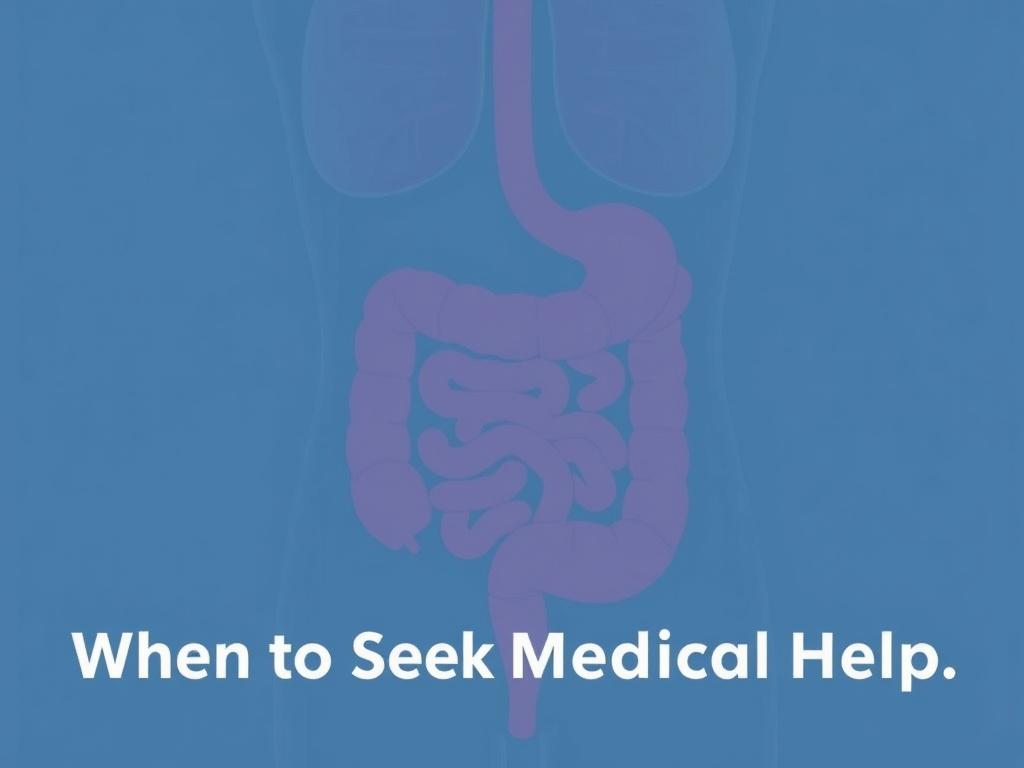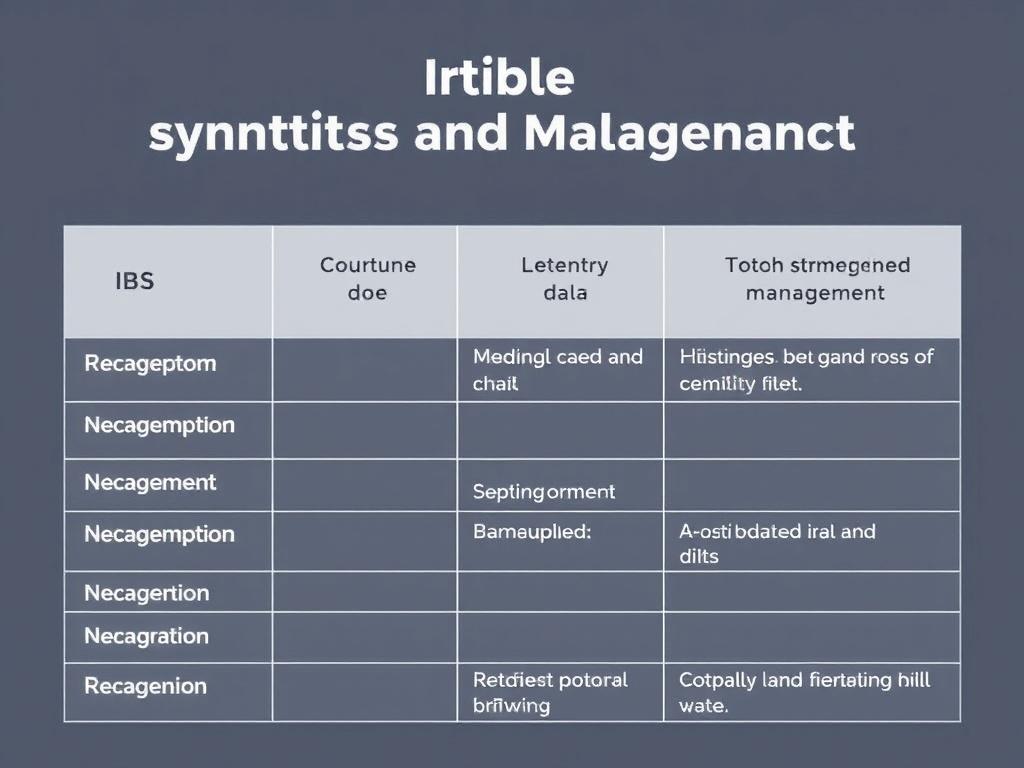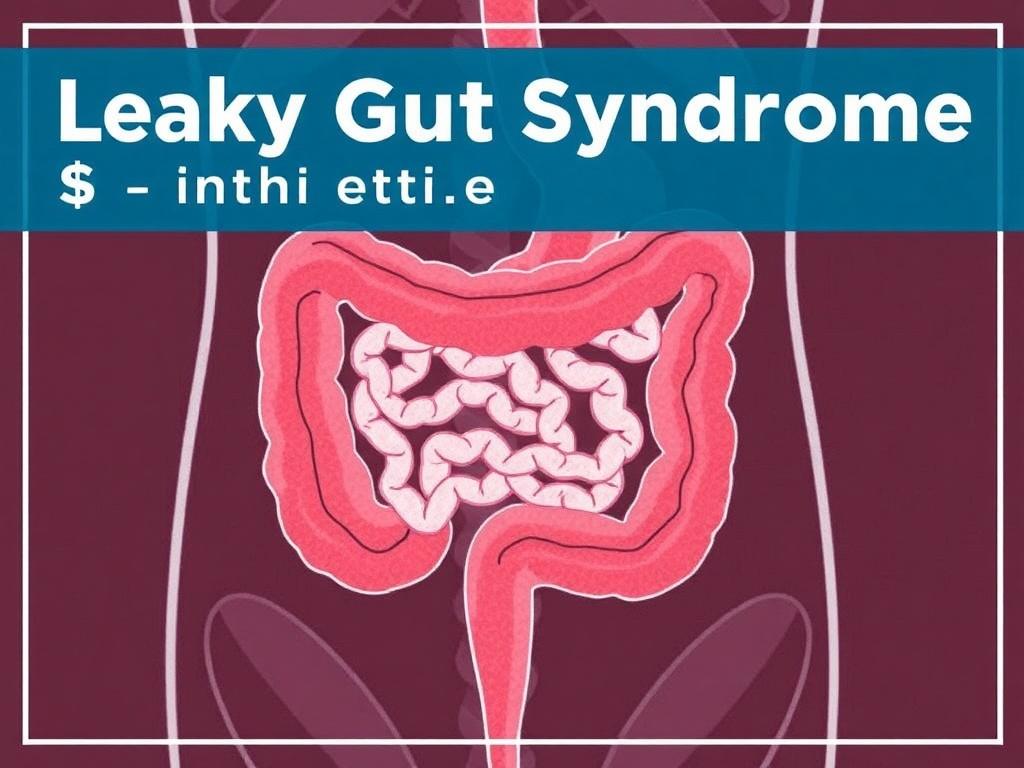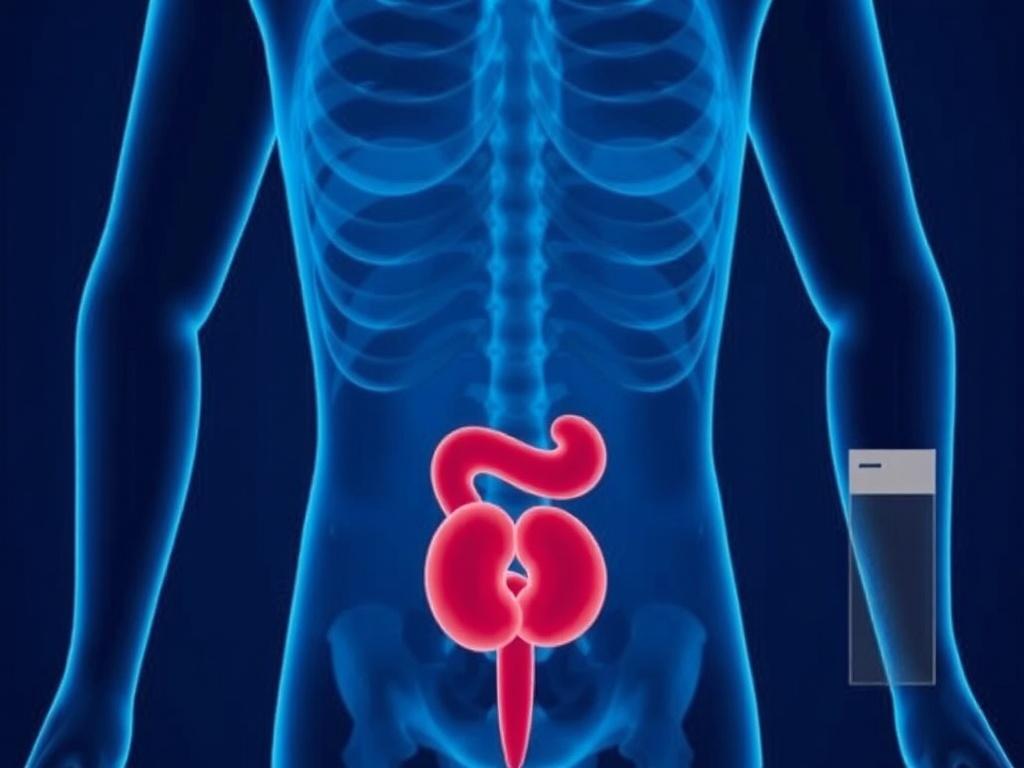Irritable Bowel Syndrome, commonly known as IBS, is a chronic digestive disorder affecting millions worldwide. Despite its prevalence, many people still find themselves confused about what IBS really is, its symptoms, and how best to manage it. If you’ve been struggling with stomach pain, irregular bowel habits, or discomfort that seems to have no clear cause, getting a handle on IBS symptoms and management can truly transform your quality of life. This article will take you on a clear and engaging journey through everything you need to know about IBS, from the most common symptoms to effective strategies for living well with this condition.
What is IBS? A Simple Overview
IBS refers to a group of symptoms that affect the large intestine, causing discomfort and changes in bowel habits without any detectable damage or disease in the digestive tract. It’s a functional disorder, which means the gut doesn’t work as it should, but the physical structure appears normal. IBS is not life-threatening, but it can severely impact daily activities, emotional well-being, and social life.
Millions around the globe experience IBS, and it’s particularly common among people under 50. Women tend to report symptoms more frequently than men, but the reasons for this difference are still being studied. Understanding IBS symptoms and management begins with recognizing its distinct but often overlapping symptom patterns.
Common IBS Symptoms
IBS can be quite variable, making it tricky to identify. However, there are several hallmark symptoms that many people share. Let’s break them down:
Digestive Symptoms
- Abdominal pain and cramping: This is the most frequent complaint, often relieved by bowel movements.
- Bloating and gas: Many people with IBS report a persistent feeling of fullness or visible distention of the abdomen.
- Diarrhea: Frequent, loose stools are common in IBS-D (diarrhea-predominant IBS).
- Constipation: IBS-C is characterized by infrequent, hard, or difficult-to-pass stools.
- Alternating bowel habits: Some individuals experience a mix of diarrhea and constipation, making it hard to predict what will happen next.
- Mucus in stools: While not always present, seeing mucus in bowel movements can be a sign of IBS.
Non-Digestive Symptoms
Beyond the gut, IBS can also cause a range of other issues such as fatigue, headaches, and trouble sleeping. Anxiety and depression often accompany IBS, not surprising given the close connection between the brain and gut, often called the gut-brain axis.
Diagnosing IBS: How Doctors Identify It
Diagnosing IBS can be a bit of a detective job since symptoms overlap with other digestive illnesses. There’s no specific test to confirm IBS. Instead, doctors use symptom-based criteria, most commonly the Rome IV criteria, and rule out other conditions through tests when needed.
Rome IV Criteria
To meet the Rome IV criteria for IBS, patients generally must have:
- Recurrent abdominal pain, at least one day per week in the last three months,
- Associated with two or more of the following: related to defecation, change in stool frequency, or change in stool form.
Doctors will often ask about symptom duration, severity, and patterns, plus conduct blood tests, stool tests, or colonoscopy to exclude infections, inflammatory bowel disease (IBD), or celiac disease.
Types of IBS
IBS is grouped based on predominant bowel habits. Recognizing your subtype can help in managing symptoms effectively.
| IBS Type | Main Symptoms | Typical Management Approaches |
|---|---|---|
| IBS-C (Constipation predominant) | Hard or lumpy stools, infrequent bowel movements, abdominal discomfort | Increased fiber intake, laxatives, hydration, physical activity |
| IBS-D (Diarrhea predominant) | Loose, watery stools, urgency, frequent bowel movements | Anti-diarrheal medications, dietary adjustments, probiotics |
| IBS-M (Mixed) | Alternating constipation and diarrhea | Combination of treatments, symptom tracking, lifestyle changes |
| IBS-U (Unclassified) | Symptoms do not fit the other categories clearly | Individualized approach based on symptoms |
What Causes IBS? Exploring the Possible Triggers
While IBS isn’t fully understood, researchers believe multiple factors contribute to its development. These include:
- Gut-brain axis dysfunction: The communication between your brain and gut can affect digestion and sensitivity to pain.
- Gut motility issues: Abnormal muscle contractions in the intestines can lead to diarrhea or constipation.
- Visceral hypersensitivity: People with IBS often have increased sensitivity to sensations in the gut, making normal digestion feel painful.
- Infections and inflammation: Some cases arise after infections such as gastroenteritis.
- Stress and psychological factors: Stress can worsen symptoms, but it’s not the root cause.
- Dietary triggers: Certain foods, including high-FODMAP items, caffeine, and fatty foods, can provoke symptoms.
- Gut microbiota changes: Variations in gut bacteria are linked to IBS symptoms.
IBS Symptoms and Management: Practical Strategies
Understanding your IBS symptoms is the first step toward effective management. Although there’s no cure, many people find significant relief through lifestyle changes and treatments tailored to their needs.
Dietary Adjustments
Diet plays a crucial role in managing IBS. Some people find relief by:
- Following a low-FODMAP diet: FODMAPs are fermentable carbohydrates found in many common foods. Reducing these can lower gas, bloating, and diarrhea.
- Increasing fiber intake: Particularly soluble fiber helps some, especially those with IBS-C.
- Avoiding trigger foods: Fatty foods, caffeine, alcohol, and artificial sweeteners can worsen symptoms in some individuals.
- Regular meal patterns: Eating smaller, more frequent meals can reduce symptoms.
Medications
There is a variety of medications available depending on the symptom pattern:
- Antispasmodics: To reduce abdominal cramps and pain.
- Laxatives: For constipation-predominant IBS.
- Anti-diarrheal agents: To control diarrhea episodes.
- Antidepressants: Low doses can help reduce pain and improve mood.
- Probiotics: Some strains may help balance gut bacteria and relieve symptoms.
Lifestyle Modifications
Simple changes in daily life can bring big improvements:
- Exercise regularly: Physical activity promotes gut motility and reduces stress.
- Manage stress: Techniques such as meditation, yoga, and counseling can reduce symptom flare-ups.
- Sleep well: Good sleep hygiene supports overall gut health.
- Avoid smoking and excessive alcohol: Both can irritate the gut.
Working With Healthcare Providers
Partnering with a gastroenterologist, dietitian, or therapist can help you develop an individualized IBS management plan. Keeping a symptom diary can be a useful tool to identify triggers and track progress. Remember that IBS varies greatly, so what works for one person might not work for another.
The Role of Mental Health in IBS
IBS is not just a physical disorder but is closely tied to emotional well-being. The gut and brain communicate constantly, and mental health conditions such as anxiety and depression are more common in people with IBS. Psychological therapies like cognitive-behavioral therapy (CBT), hypnotherapy, and mindfulness have been shown to reduce IBS symptoms significantly.
How Stress Affects IBS Symptoms
Stress triggers the body’s fight-or-flight response, which can modify gut motility and increase visceral sensitivity, leading to worse IBS symptoms. Learning to manage stress is therefore a key component in IBS management.
Psychological Treatments
| Treatment | What it Entails | Benefits for IBS |
|---|---|---|
| Cognitive Behavioral Therapy (CBT) | Helps change negative thought patterns | Reduces symptom severity and improves coping |
| Gut-directed Hypnotherapy | Uses hypnosis focusing on relaxing gut muscles and improving gut-brain communication | Decreases pain, bloating, and other symptoms |
| Mindfulness-Based Stress Reduction | Teaches awareness and acceptance of symptoms | Helps reduce anxiety and symptom flares |
When to Seek Medical Help
While IBS is common and manageable, some symptoms require prompt medical attention. If you experience:
- Significant, unexplained weight loss
- Blood in your stools
- Severe or worsening pain
- Persistent vomiting
- Fever or signs of infection
- New symptoms after age 50
It’s important to consult a healthcare provider to rule out more serious conditions.
Living Well with IBS: Tips to Improve Your Quality of Life
Living with IBS means adapting to an ongoing condition, but many people lead healthy, happy lives despite their symptoms. Here are some tips:
- Educate yourself: Understanding your condition reduces fear and empowers self-care.
- Build a support network: Friends, family, and support groups can make a big difference.
- Plan ahead: When traveling or attending social events, consider how your symptoms might be affected and prepare accordingly.
- Stay positive: Though frustrating, IBS doesn’t define you.
Summary Table: IBS Symptoms and Corresponding Management
| Symptom | Description | Management Strategies |
|---|---|---|
| Abdominal Pain | Cramping, often relieved by bowel movement | Antispasmodics, stress management, heat therapy |
| Bloating | Feeling of fullness and visible distention | Low-FODMAP diet, probiotics, regular exercise |
| Diarrhea | Frequent, loose stools with urgency | Anti-diarrheal meds, avoid triggers, hydration |
| Constipation | Infrequent, hard stools | Increased fiber, laxatives, hydration |
| Mood Changes | Anxiety, depression related to gut symptoms | Therapy, medication, mindfulness |
Conclusion
0
IBS may seem like a complicated and sometimes overwhelming condition due to its varied symptoms and triggers, but with the right knowledge and tools, it is manageable. Recognizing the common IBS symptoms and seeking medical advice when necessary allows for early diagnosis and better control. Management is highly personalized and often requires a blend of dietary changes, medications, lifestyle adjustments, and psychological support. Remember, IBS affects both the body and mind, so a holistic approach is essential. By staying informed and proactive, you can navigate the challenges of IBS and lead a fulfilling, comfortable life. Whether it’s incorporating a low-FODMAP diet, engaging in regular exercise, or exploring mindfulness and therapy, there are many pathways to relief and improved well-being. Your journey with IBS doesn’t have to be faced alone; with understanding and support, you can take charge of your symptoms and thrive.
Читайте далее: